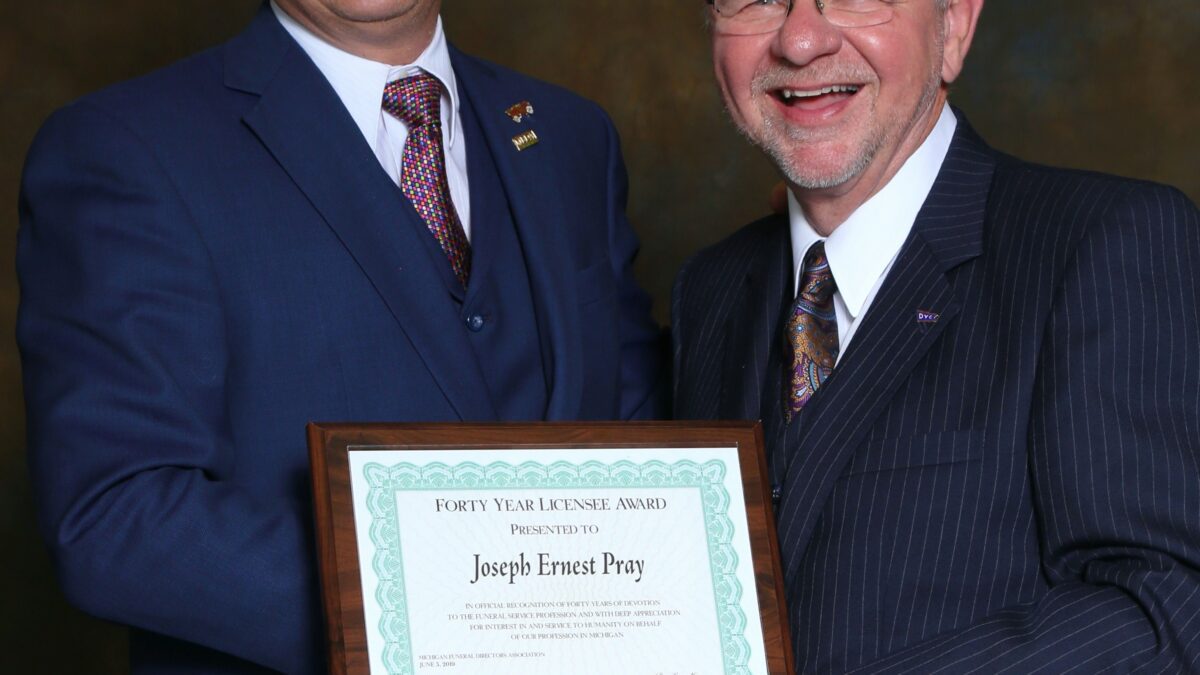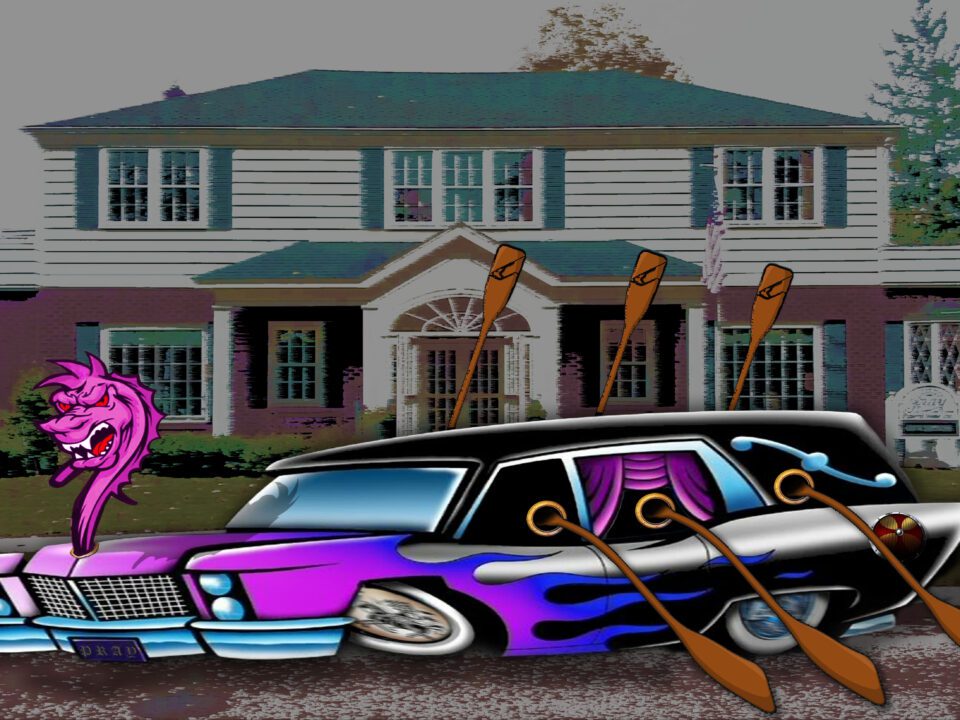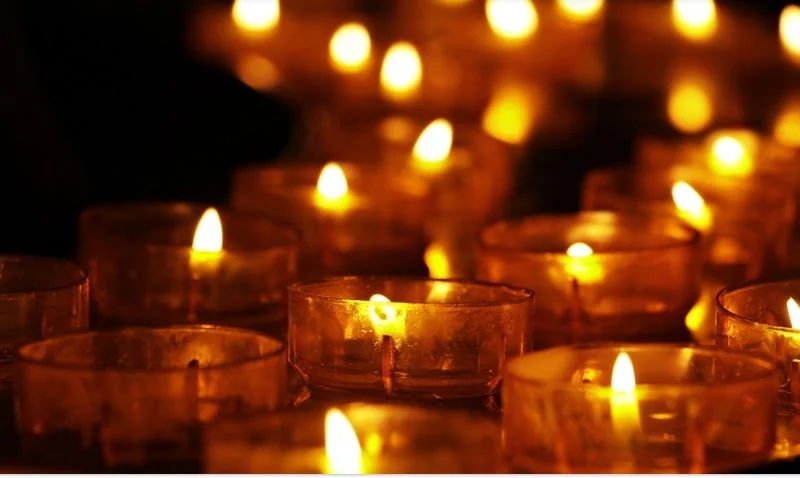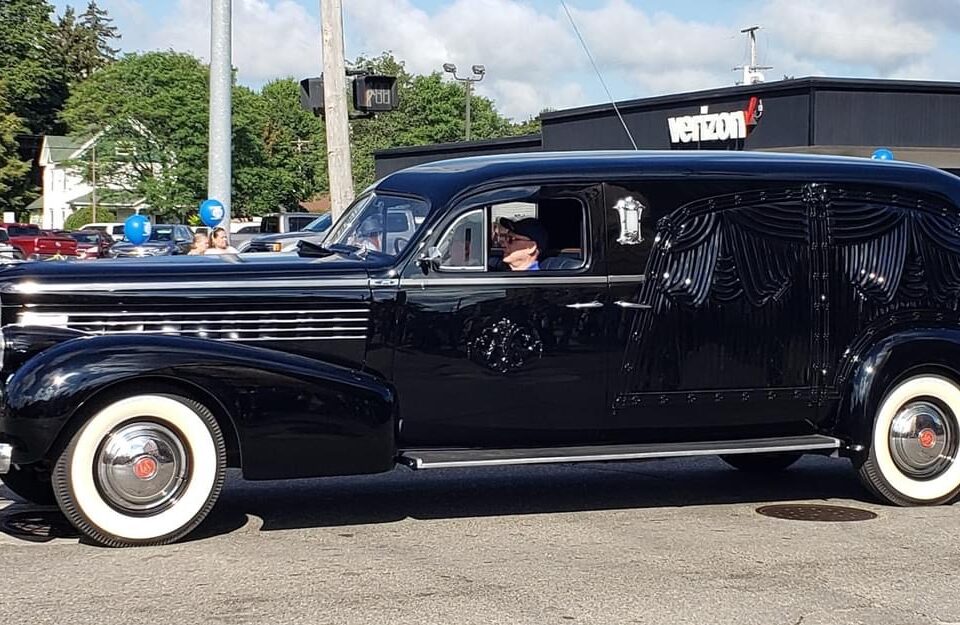40 years, How can you do your job that long?
- 40 Year Award
- a day in the life of a funeral director
- be remembered
- celebration
- celebration of life
- do it yourself funeral
- do-it-yourself
- end of life celebration
- funeral ideas
- funeral planner
- grief
- healing
- healing from grief
- Joe
- Joe E Pray
- Joseph Pray
- Life Celebration
- Life of a funeral director
- life stories
- memorial service ideas
- Small Town funeral director
- smile after death
- stories

JOe E Pray Acdcepting his Forty Year Award from MFDA President Doug Misiuk
Forty years, of providing relief for families
The phone rings at 3 am. The voice on the other end cracks with emotion as the person tells me of the death of their family member. My own emotions start to well up in empathy for the person who has dialed my number to help them. My brain takes over and gets me dressed and headed in the family’s direction while my emotions run through a variety of feelings as I prepare to help another grief stricken family. I have been a funeral director in our community for forty years. Hard for me to believe that. In that time the most frequent question I am asked is “How can you do your job, it must be so depressing.” My answer is,”It is difficult and uplifting.”
Forty years of providing relief
For forty years I have helped families on their worst days of their lives. That is difficult and emotional. However we see the relief on their face when we arrive and provide our assistance. Family’s have expressed many reason’s for their relief. Some are relieved because we will help in caring for the deceased family member. Others are relieved because we help them sort out what has to be done next. Many are relieved because they see that we are truly compassionate about helping them through the difficult days ahead.
Forty years of facilitating healing
Knowing that I can help provide that relief is How I Do My Job. I join the family on their worst days, and I survive that over and over because I see the glimmer of hope in their first small smile when we talk about the pleasant memories of their deceased family member. I see how they start to rebuild their life without the person when they are surrounded by friends and family at a gathering and visitation. The visitation supports the family so they can start to develop their new role in life without their spouse, sibling, or perhaps in what may be the most difficult loss, without their child.
Forty years of coordinating the family’s support
Gathering people from the community of family and friends to surround a grieving family is very supportive for the bereaved. This helps them share the pain of loss so they can begin their healing as others gather to help shoulder the pain of loss. At a visitation the family is literally supported with hugs, kind words, and simply the presence of others. This draws them out of unbearable grief that can swallow them up if they were to remain isolated.
Forty years of celebrating lives
To many it may sound odd that we talk about celebrating lives at a time of great sorrow. The truth is we share the stories of a person to affirm the value of their life to others around us. By sharing what the deceased meant to others, and showing what others learned from our family member, we see how they will live on in others. In other words, they are never completely gone. That helps bring comfort to the grieving family members.
Forty years of helping families smile again
By coordinating all these details to build a supportive system around the grieving family we help the family through their darkest days. The activity is necessary for them at a time when they don’t know what to do. The experience is one we have helped countless families through with the same result. They begin to heal from the pain of grief. They begin to rebuild their lives. They begin to smile again.
That is How I Do My Job.
At our most recent Michigan Funeral Directors Association Conference I was awarded for serving as a Funeral Director for 40 years. At the same time, my father Joseph E Pray was recognized for 70 years, and my daughter-in-law Dana Pray was recognized for 25 years as a Funeral Director. We have served numerous families over the years with the same purpose. To help families heal.
That is how we do our job



